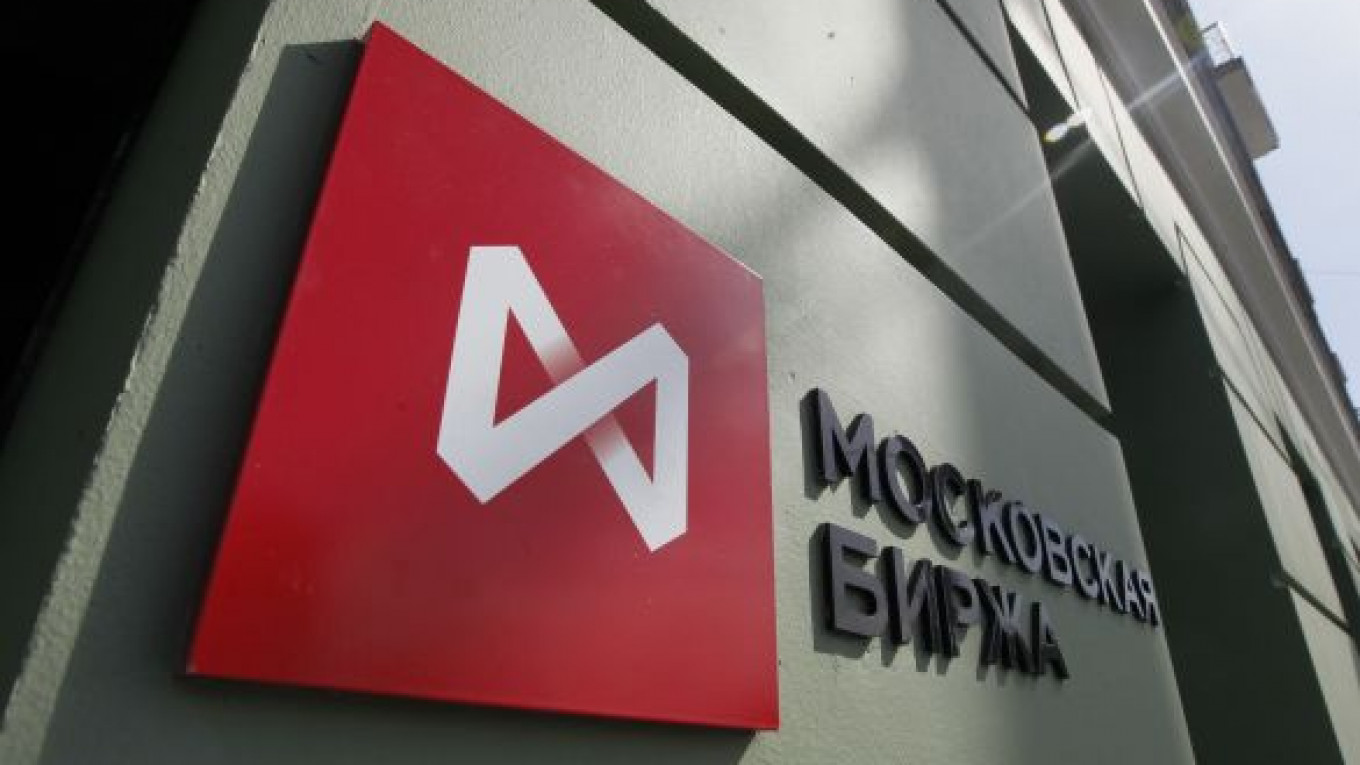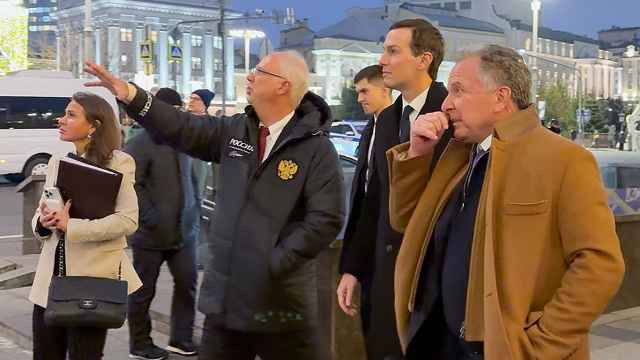Russia's stock market is set to rebound, thanks in part to reforms to bring trading in line with international norms, Moscow Exchange's chief executive, Alexander Afanasiyev, said in an interview.
Selling at a near 50-percent discount to those of other emerging nations, Russian stocks have something of a pariah status for foreign investors worried about corruption and stalled efforts to modernize the economy.
"There is nothing left but upside," Afanasiyev said.
Structural reforms to simplify share trading and settlement, in line with top international bourses, had helped arrest a trend of falling trading volumes, he said.
Turnover was down 30 percent in the year to the end of August compared to the same period of 2012. But average daily volume so far in September is 41 billion rubles ($1.3 billion), 30 percent higher than in the first eight months of the year.
Meanwhile, the RTS index has gained 12 percent so far this month, outpacing a 9 percent rise in the MSCI emerging markets index. Russian stocks are still down more than 4 percent per year to date.
Appetite for Russian stocks has been hit by corporate governance scandals, such as Rosneft's takeover of TNK-BP early this year, which left minority shareholders in the British-Russian oil venture nursing losses.
Russian stocks trade an average price to earnings ratio of about 5 — half that of countries in the emerging markets index.
Despite the decline in equity trading, Moscow Exchange's net income rose 39 percent in the first half of the year with forex, money markets and derivatives all growing.
"Diversification allows us to grow our business at different stages of the cycle," Afanasiyev said.
The exchange started a new central securities depository last year to simplify trading and settlement. In September, it moved to a "T+2" settlement system, in line with international practice.
In another step to make the exchange more accessible for foreign investors, Euroclear Bank and Clearsteam should begin settling trades in Russian stocks by next July, possibly sooner, Afanasiyev said.
This fall, the Moscow Exchange is planning to launch gold trading and over-the-counter derivatives clearing.
Meanwhile, Russia is seeking to boost demand from domestic investors, considering tax exemptions on capital gains and working on a pension reform that would free up funds for stock investment.
"Private investors have again shown interest in market risk. For now, there are no reasons for such low valuations of Russian stocks," Afanasiyev said.
The decline in the market has also discouraged the state's $50 billion privatization plan.
The government has halved its privatization target for next year after revenues from selling state enterprises have repeatedly fallen short of target.
"Very detailed work is being done on the offerings of specific companies," Afansiyev said. "It is understood that the owner must choose the right moment to place shares."
A Message from The Moscow Times:
Dear readers,
We are facing unprecedented challenges. Russia's Prosecutor General's Office has designated The Moscow Times as an "undesirable" organization, criminalizing our work and putting our staff at risk of prosecution. This follows our earlier unjust labeling as a "foreign agent."
These actions are direct attempts to silence independent journalism in Russia. The authorities claim our work "discredits the decisions of the Russian leadership." We see things differently: we strive to provide accurate, unbiased reporting on Russia.
We, the journalists of The Moscow Times, refuse to be silenced. But to continue our work, we need your help.
Your support, no matter how small, makes a world of difference. If you can, please support us monthly starting from just $2. It's quick to set up, and every contribution makes a significant impact.
By supporting The Moscow Times, you're defending open, independent journalism in the face of repression. Thank you for standing with us.
Remind me later.






